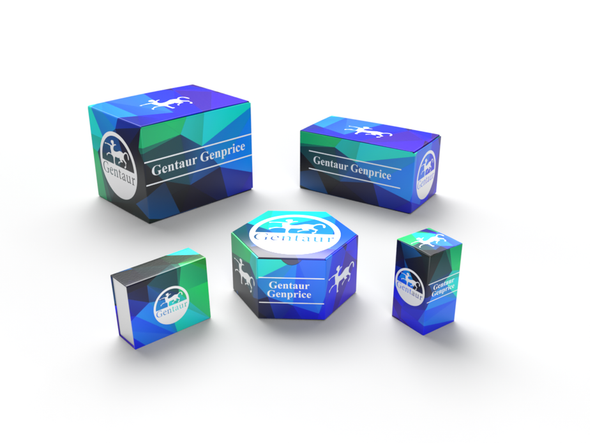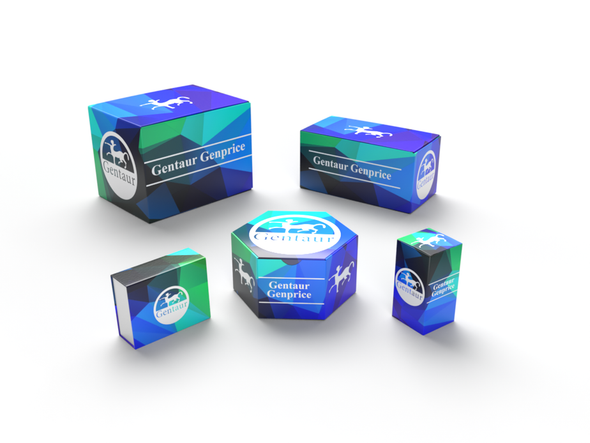740
Mouse Regenerating islet-derived protein 4 (REG4) ELISA Kit | AE22520MO
- SKU:
- 740-AE22520MO
- Availability:
- Usually ships in 5 working days
Description
Mouse Regenerating islet-derived protein 4 (REG4) ELISA Kit | AE22520MO | Gentaur UK, US & Europe Distribution
Species Reactivity: Mouse (Mus musculus)
Abbreviation: REG4
Alternative Name: GISP; REG-IV; RELP; OTTHUMP00000014031|gastrointestinal secretory protein|regenerating gene type IV
Application: ELISA
Range: 46.88-3000 pg/mL
Sensitivity: 17.28 pg/mL
Intra-Assay: ≤5.2%
Inter-Assay: ≤8.9%
Recovery: 0, 89
Sample Type: Serum, Plasma, Other biological fluids
Detection Method: Sandwich
Analysis Method : Quantitive
Test Principale: This assay employs a two-site sandwich ELISA to quantitate REG4 in samples. An antibody specific for REG4 has been pre-coated onto a microplate. Standards and samples are pipetted into the wells and anyREG4 present is bound by the immobilized antibody. After removing any unbound substances, a biotin-conjugated antibody specific for REG4 is added to the wells. After washing, Streptavidin conjugated Horseradish Peroxidase (HRP) is added to the wells. Following a wash to remove any unbound avidin-enzyme reagent, a substrate solution is added to the wells and color develops in proportion to the amount of REG4 bound in the initial step. The color development is stopped and the intensity of the color is measured.
Product Overview: The REG4 gene encodes a deduced 158-amino acid protein with an N-terminal signal peptide of 22 amino acids and a predicted molecular mass of 18.2 kD. REG4 maintains conservation of the 6 cysteine residues present in other known members of the REG family. By Northern blot analysis of intestinal mucosa from 12 individuals with inflammatory bowel disease, Hartupee et al. (2001) identified a 1.1-kb REG4 transcript in all samples. Control specimens had low but detectable expression of REG4. REG4 expression was significantly upregulated by inflammation and tissue injury associated with active Crohn disease and ulcerative colitis. RNA dot-blot analysis showed that most of the tissues expressing REG4 are in the gastrointestinal tract, i.e., colon, small intestine, stomach, and pancreas.
Stability: The stability of ELISA kit is determined by the loss rate of activity. The loss rate of this kit is less than 5% within the expiration date under appropriate storage condition. The loss rate was determined by accelerated thermal degradation test. Keep the kit at 37°C for 4 and 7 days, and compare O.D.values of the kit kept at 37°C with that of at recommended temperature. (referring from China Biological Products Standard, which was calculated by the Arrhenius equation. For ELISA kit, 4 days storage at 37°C can be considered as 6 months at 2 - 8°C, which means 7 days at 37°C equaling 12 months at 2 - 8°C) .






